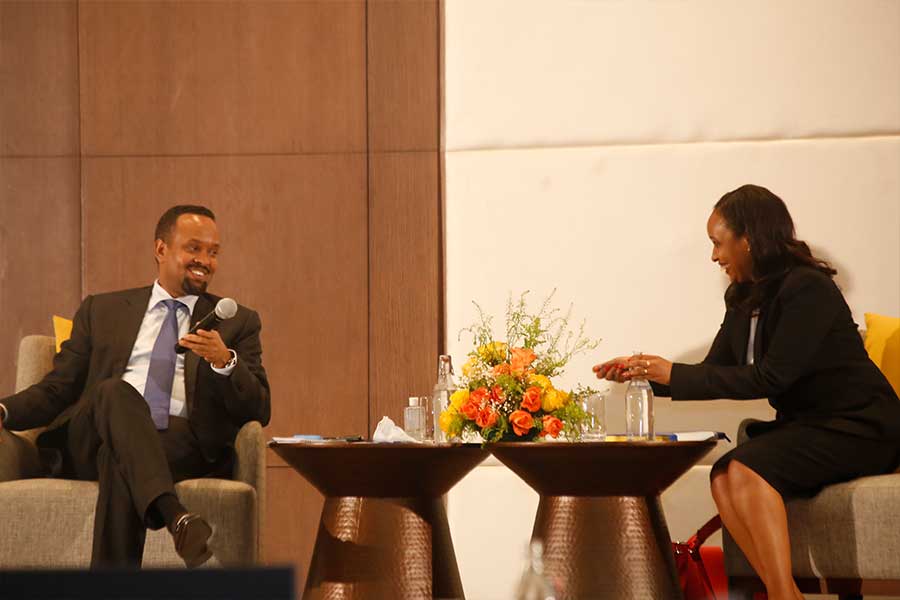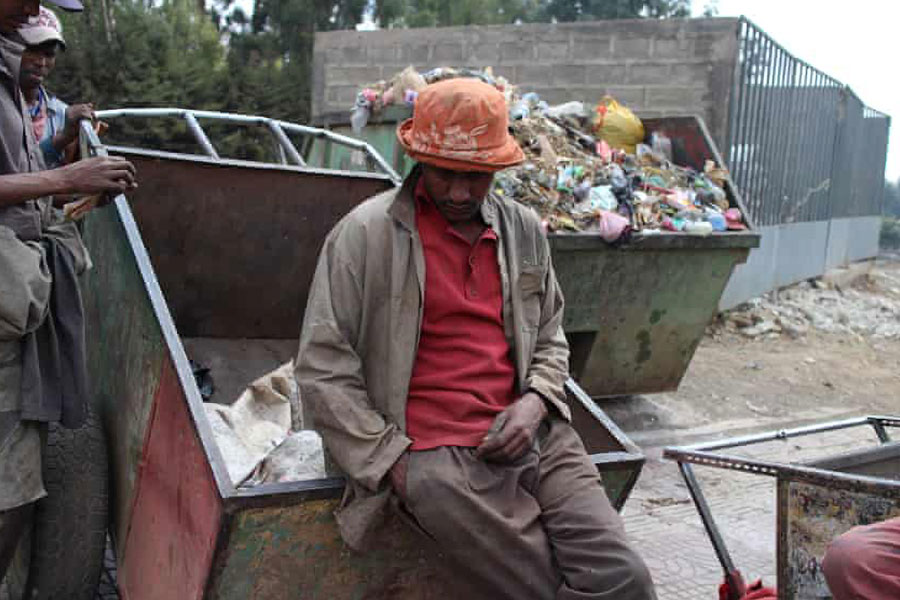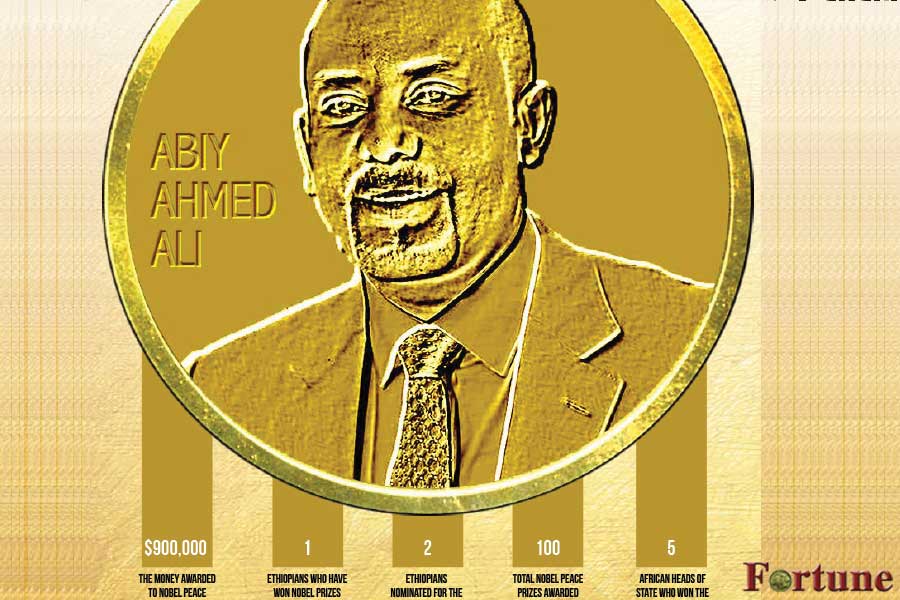
Commentaries | Jul 02,2022
It was a Thursday. It all started from the thought of having a tight schedule that day, as I complained about the list of items I had to attend to and my ineptness to follow some of them online, as some were just payments. This was without the need to mention that I waited for a deadline for an issue, which almost brought a headache. By the end of the day, I had to attend a theatre I was invited to by my niece at the National Theatre.
Perhaps, it was my fault as I had waited until the last moment to complete the tasks. It brought to my mind a story with the arrival of a new CEO to one of the Silicon Valley companies in the US that was in deep trouble decades ago. In one of his first meetings, he asked 30 top managers to email him the three most important things they could do to improve the company and the same three things he could do. It was a request made on a Monday and asked to email him their action items by the end of the week – at the latest.
“I was interested in what they'd send, but I was more interested in when they would send it,” he said. “This was a litmus test on urgency.”
Ninety percent of the managers waited until Friday afternoon to reply to him.
"It never crossed their minds that they could email me within the hour … and that's the message that they sent to their people: Do it at the last minute,” he said about company culture.
Blushing thinking about the anecdote, I left my house and took a taxi to the theatre. The play I was invited to was “Do You Know the Milky Way?” a play by Karl Wittlinger. Confined to a mental institution, a soldier tells a psychologist the story of his life, including when he was thought dead in World War II, his taking on the identity of another soldier who was wanted as a criminal, and his eventual breakdown. Here in Ethiopia, it is adopted as Yekokebu Sew, “The Man of the Stars,” in Amharic. At the time of its initial performance, it was a two-character drama that never had a good review.
As the play was produced by one of the emerging theatre enterprises, the National Theatre, in which theatre’s future hangs on, I was worried about how the actors will be able to handle the roles. Yet, not only from us but from the merriment of the audience through its repeated applause proved my worries were all in vain. Thanks to the play's audacious characters and striking imagery, and dynamics, it was played to near-perfection. Though, no doubt being the talk of the town, the young and enterprising Meskerem Abera stole the show.
The play's message reverberates the need to enrich our various endeavours and embrace the good and the bad. The objective of a good life incorporates concern for others, fulfilment at work, and the respect earned from others by participating in activities, including economic activities, which one values. Lessons from Yekokebu Sew, the big-shot CEO, and my own experiences with the barrage of tasks I had carried out are similar.
Life throws a great deal our way. It is a struggle. How we manage to get past all of this determines the type of people we are and our levels of success. It is a fool’s endeavour to try to completely avoid obstacles. It makes more sense to prepare for it and cover as much of the base as possible. In my case and the executives working under the CEO, this was not to wait until the last minute. A similar logic could be catered to other situations.
PUBLISHED ON
Jul 02,2022 [ VOL
23 , NO
1157]


Commentaries | Jul 02,2022

Commentaries | Nov 19,2022

Viewpoints | Aug 31,2019

Verbatim | Apr 21,2024

Radar | Oct 03,2020

Obituary | Jul 13,2019

View From Arada | Jul 31,2021

View From Arada | Oct 09,2021

Life Matters | Jun 04,2022

Fortune News | Oct 12,2019

Dec 22 , 2024 . By TIZITA SHEWAFERAW
Charged with transforming colossal state-owned enterprises into modern and competitiv...

Aug 18 , 2024 . By AKSAH ITALO
Although predictable Yonas Zerihun's job in the ride-hailing service is not immune to...

Jul 28 , 2024 . By TIZITA SHEWAFERAW
Unhabitual, perhaps too many, Samuel Gebreyohannes, 38, used to occasionally enjoy a couple of beers at breakfast. However, he recently swit...

Jul 13 , 2024 . By AKSAH ITALO
Investors who rely on tractors, trucks, and field vehicles for commuting, transporting commodities, and f...

Nov 1 , 2025
The National Bank of Ethiopia (NBE) issued a statement two weeks ago that appeared to...

Oct 25 , 2025
The regulatory machinery is on overdrive. In only two years, no fewer than 35 new pro...

Oct 18 , 2025
The political establishment, notably the ruling party and its top brass, has become p...

Oct 11 , 2025
Ladislas Farago, a roving Associated Press (AP) correspondent, arrived in Ethiopia in...